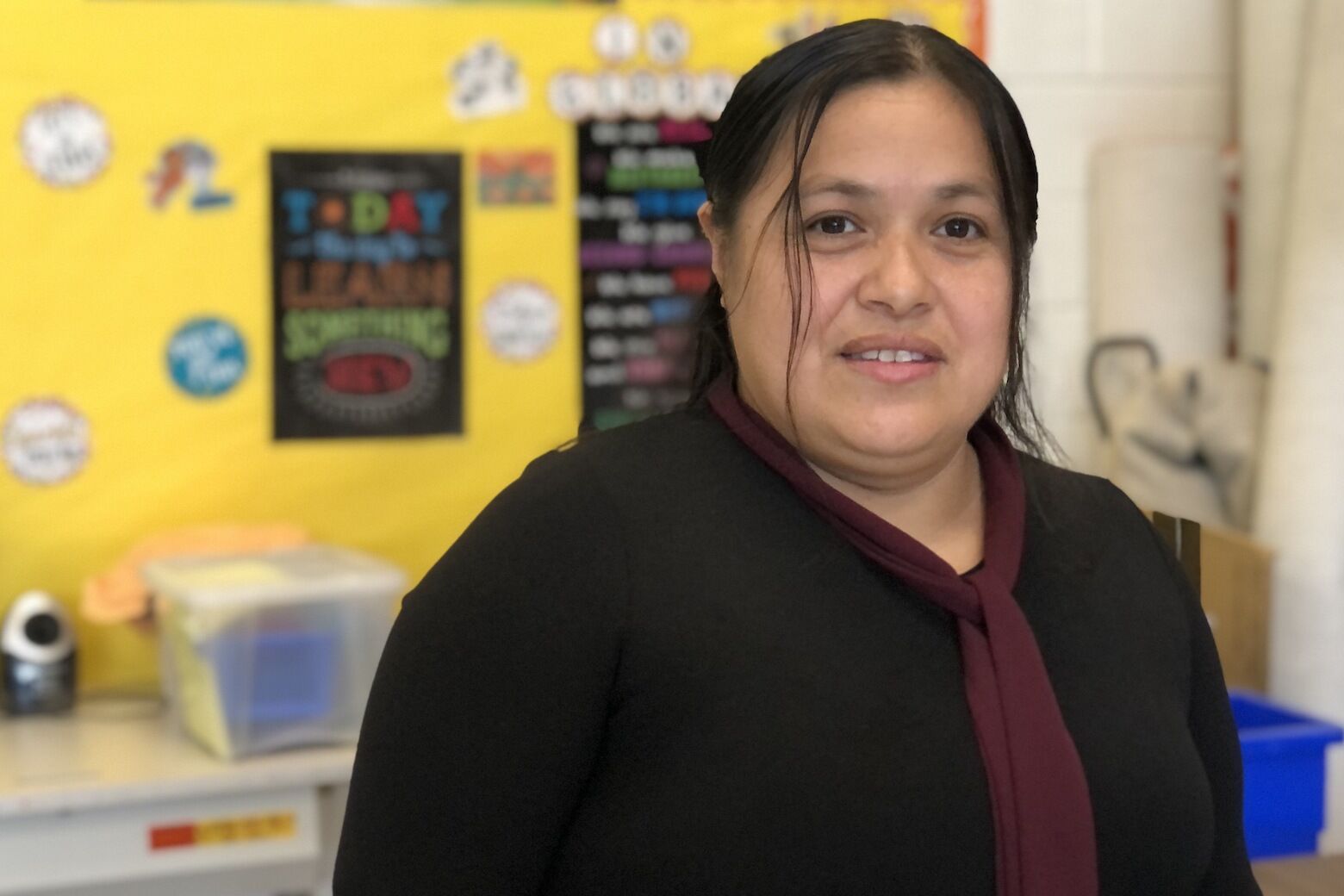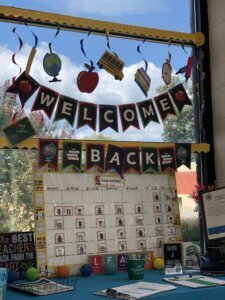Every day, children come to school in Montgomery County, Maryland, hungry.
Montgomery County Executive Marc Elrich, who used to teach in the county’s school system, said he’s still “haunted” by an incident at the school where he used to teach.
One day, one of his elementary school students was crying inconsolably. Elrich said when he and other school staff were able to calm the child, the boy told them he hadn’t eaten for days.
That anecdote drew audible gasps from those attending the unveiling of the Strategic Plan to End Childhood Hunger. This was particularly striking when considering those assembled for the event at Highland Elementary School in the Wheaton-Glenmont area work in the fields of education and with organizations that fight hunger.
According to Montgomery County Council member Gabe Albornoz, who led the effort to develop the plan, 14% of the county’s children “don’t know where their next meal” is coming from. Roughly 46% qualify for federal food aid, but many don’t participate because they don’t know how and where to apply.
Albornoz announced the introduction of the 14-point plan to end childhood hunger by saying, “I can assure you, this document’s not going to live on a shelf.”
In fact, some of the elements in the plan, which includes long term goals, immediate actions that can help, and innovative plans for the future, are already at work in the county.

Maryland State Del. Jared Solomon explained legislation passed in the latest session of the General Assembly in Annapolis is expanding the number of students who can access universal breakfast programs at schools across the state.
Under the plan, Solomon said, “If you have 40% of your students that qualify for free and reduced meals — everybody in the school gets it.”
Solomon said 117 schools in the county participate in the program, including those newly added thanks to the legislative action. The same program has expanded meals access to an additional 250 schools statewide, said Solomon.
The event was held at Highland Elementary School in Montgomery County, and one parent who’s benefited from some of the programs, rose to speak about how it’s helped her family. Speaking through a translator, Rosa Cruz, a mother of four, explained that thanks to the food assistance at the school, including store cards and weekend food bags, she’s able to access fresh food, so that her family can eat healthier meals. “When they bring us fresh vegetables and fruits, I can make more nutritious meals for my family” she said, with a smile.

School Principal Scott Steffan said that hunger has a very direct impact on school participation, achievement and behavior.
“There’s a reason that the term ‘hangry’ is out there, right?” he said. While the term is often used in a lighthearted way, Steffan said the impact hunger has is no joke. Especially for his students, many of whom don’t speak English as a first language and whose families struggle to make ends meet. “
This is a totally new culture,” for many he said. “And you’re walking into a high-powered academic environment, and expecting they’re going to learn this content, and you’re going to expect them to do that if they’re hungry? I mean, forget about it” he said.
The plan is divided into three different categories, including programs with direct financial benefits, those that include food access and child care, and other innovative plans like introducing “Food is Medicine” and direct-to-household food assistance. There’s also a plan to provide financial literacy and education.
Participants in the plan include the Montgomery County Food Council, and nonprofits working to improve food access throughout the county.








